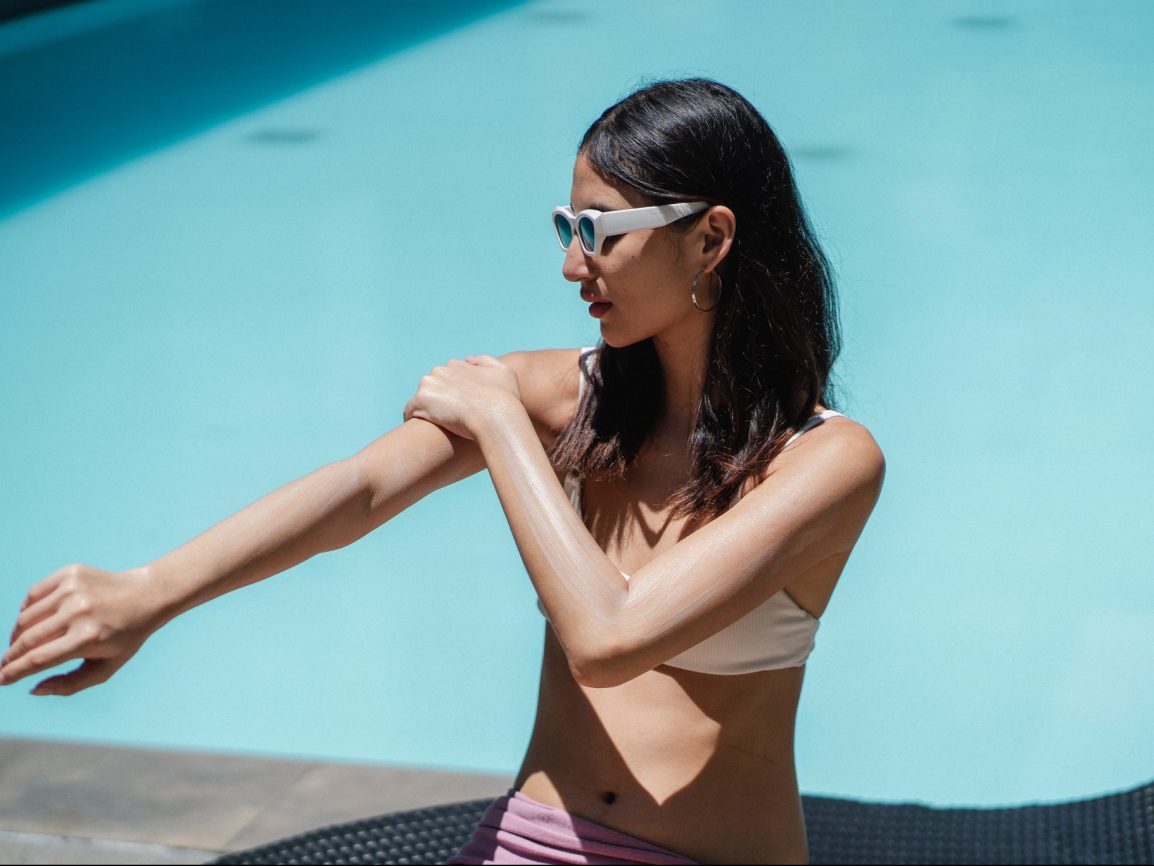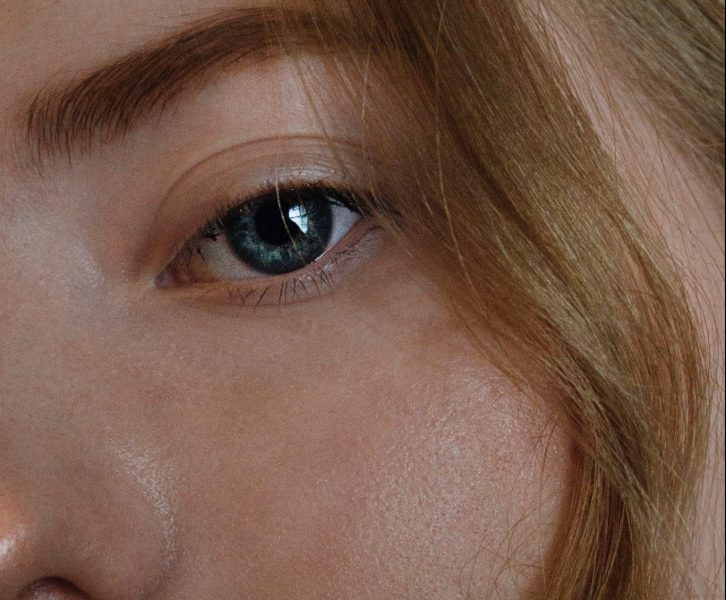The best sunscreens are the ones that you actually wear. So finding the perfect fit for your skin and your routine is the first step in protecting that gorgeous skin of yours. We all have that one cabinet or drawer of products that we have purchased, thinking it would be the best and that we will use every day. Wrong.
It usually sits and collects dust or ends up being gifted to friends or family members to see if they will like it. Really, we just need it to go away so we can either fit more, or finally declutter the mess of bottles and lotions we have built up. I am here to help you skip that unwanted step. I am here to help you find a sunscreen that will seamlessly blend into your routine and ensure that you’ll love using it every day.
Now that we have covered the first step, we are going to explore what you should ask yourself when selecting a sunscreen.
Where to Start?
We all know that feeling of walking down your local superstore and seeing an overwhelming amount of choices. To ease that panic, I will give you a list of things to look for for the ideal sunscreen. Keep in mind: the best sunscreen is the one that fits your skin the best. The next few points are just broad items to look for in a sunscreen.
Broad Spectrum:
We want to have a sunscreen that protects your skin against both harmful UVA and UVB rays. UVA rays prematurely age skin and UVB rays burn, and both can cause skin cancer. Experts suggest using sunscreen with at least an SPF of 30 or higher.
Formula Matters:
Did you know that there are two main types of sunscreen? These are chemical-based and mineral-based. Mineral-based sunscreens are made with zinc oxide or titanium dioxide. These elements sit on top of the skin and deflect UV rays, while chemical sunscreens, made with ingredients like oxybenzone or avobenzone, work by absorbing UV rays.
Mineral-based sunscreen is usually the way to go, because it is easier on acne-prone skin and reef-safe. Chemical-based sunscreens are generally easier to put on and have a more transparent appearance. All this to say, personal choice is always better because again, the happier you are wearing it, the more you are willing to use it. Both are FDA safe and can protect your skin while out in the sun.
Water-resistant options:
Water-resistant is the way to go. Even if you are planning on just going out on a jog or having brunch at your local restaurant, wearing water-resistant sunscreen can help protect your skin even if you do not plan on getting in any type of water. WATER-RESISTANT ALSO MEANS SWEAT-RESISTANT. Being from the South, just a few steps to the mailbox or watering the garden can cause a slight sweat due to the overwhelming heat. Having sunscreen that can hold up against any type of environment is best.
Choose lotions if you can:
We have all heard or experienced that horror story of spray sunscreens and that ooopppss moment after finding out it did not cover what it needed to cover. Spray sunscreens are usually inconsistent. Choosing lotion sunscreens are easy to apply generously and evenly — keyword evenly. When applying lotions, you can see exactly where the product is and where it is still needed. Thus ensuring your skin is properly protected from the sun.
How to choose and use the best sunscreen for darker skin:
You should always protect your skin from UV rays no matter your type of skin tone. We often assume that only super-fair people need to use sunscreen, and that is simply untrue. And yet, in one survey from the Skin Cancer Foundation, 63% of African Americans said they never use sunscreen. This can lead to some scary results.
“Everyone can get skin cancer,” says board-certified dermatologist Heather Woolery-Lloyd, M.D., director of ethnic skin care for the University of Miami Department of Dermatology and Cutaneous Surgery. “But what is also relevant to darker-skinned people is hyperpigmentation,” Woolery-Lloyd states. Meaning something as simple as a bug bite, pimple, or excessive sun exposure can turn up melanocytes and set pigment production into overdrive, leading to dark spots and uneven skin tones.
The problem: Any person who is not white understands the struggle to find a sunscreen that does not leave behind that ashy, ghostly look. No matter the amount of rubbing it in or letting it set, it never absorbs fully. But, there are ways to find that perfect match for your skin. Firstly, finding formulas that apply sheer or close to it. It applies better to the skin and usually does not carry that harsh ashy, ghostly look. The key is to having something that fits your lifestyle and that you are happy to use every day.
No matter your skin tone, where you live or what you are doing, sunscreen is an important step in protecting your skin from the sun. Taking steps to find that perfect product that you love and use will only help you maintain the health of your skin and overall gorgeousness. Below are several links to allow you to explore other websites about all the ins and out of sunscreens.
https://www.travelandleisure.com/style/beauty/reef-safe-sunscreen
https://www.everydayhealth.com/skin-beauty/chemical-vs-mineral-sunscreen-whats-difference/
https://nymag.com/strategist/article/best-sunscreens-review-face-spray.html
Check out more skin-care articles from GirlSpring contributors!
https://www.girlspring.com/7-skin-care-tricks-for-young-skin/


